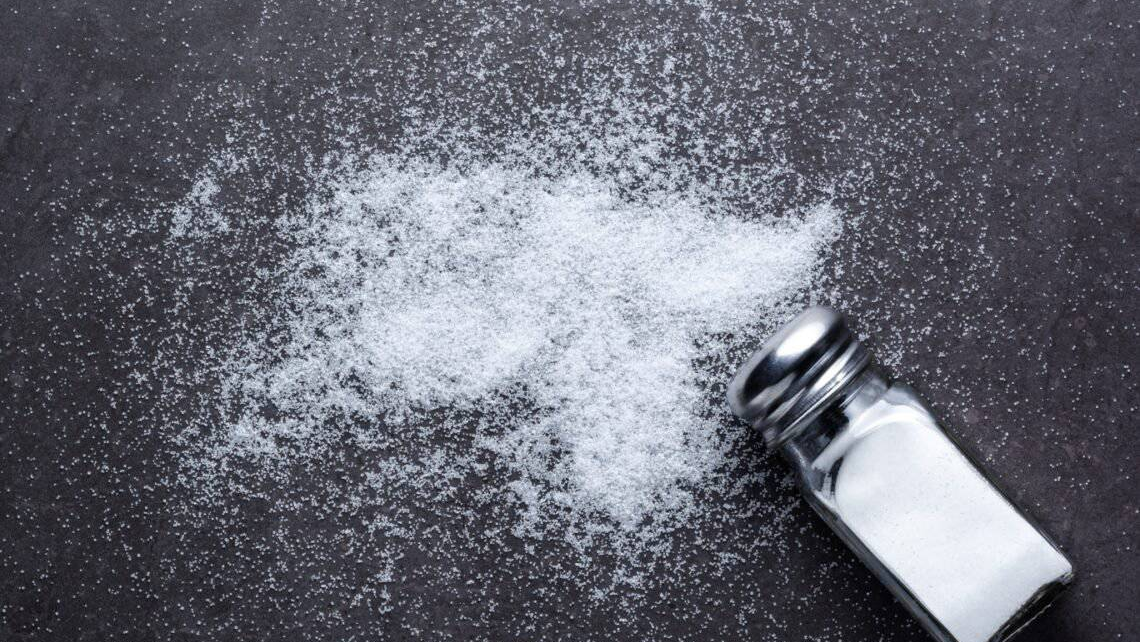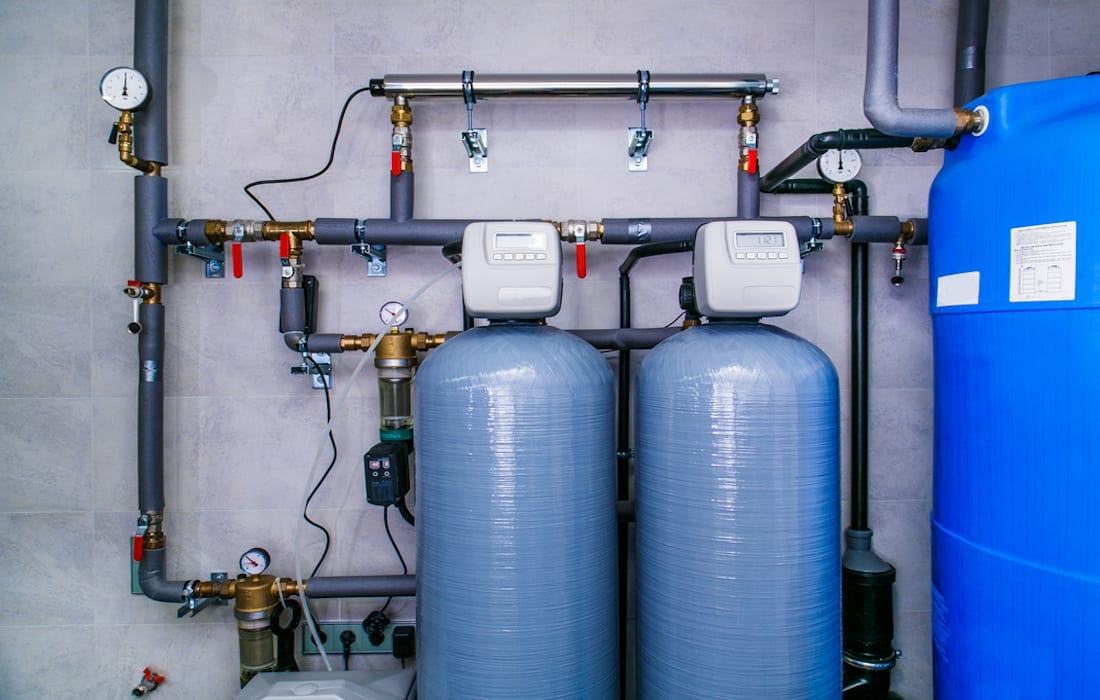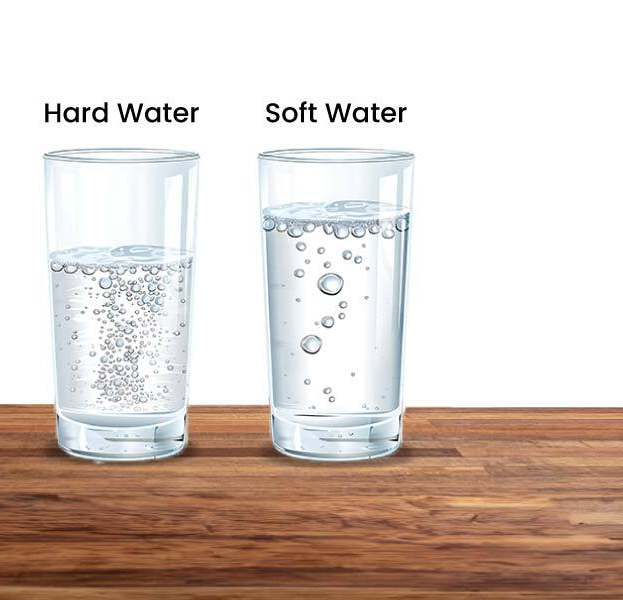Now Reading: Salt vs. Salt-Free Softeners: Which One Actually Works Better 2025?
-
01
Salt vs. Salt-Free Softeners: Which One Actually Works Better 2025?
Salt vs. Salt-Free Softeners: Which One Actually Works Better 2025?

Table of Contents
Hard water Salt-Free is a common problem in many households. It causes white spots on dishes, reduces soap effectiveness, clogs pipes, and shortens the life of appliances. To solve this issue, homeowners usually turn to water softeners. But here’s where things get tricky: should you choose a traditional salt-based water softener or go for the modern salt-free water softener?
This guide will help you understand the differences between salt and salt-free water softeners so you can decide which is right for your home, lifestyle, and budget.
What Is Hard Water?
Hard water contains high levels of minerals like calcium and magnesium. These minerals are not harmful to your health, but they can build up in pipes and appliances, reduce water flow, and leave stains on surfaces.
Water softeners are used to reduce or eliminate these minerals, making the water “soft” and more efficient for cleaning and daily use.
How Salt-Based Water Softeners Work
Salt-based softeners, also known as ion exchange softeners, use a process that removes calcium and magnesium from the water.
Here’s how it works:
- Hard water passes through a resin tank.
- Resin beads in the tank are charged with sodium (salt).
- As hard water flows through, the calcium and magnesium ions are swapped for sodium ions.
- The system occasionally regenerates by flushing the minerals out and recharging the beads with salt.
Key benefits:
- Effectively removes hardness minerals.
- Improves soap lathering and cleaning.
- Reduces scale buildup in pipes and appliances.
Drawbacks:
- Requires regular salt refills.
- Discharges salty water into the environment.
- Needs electricity and water for regeneration cycles.
- Not suitable for people on low-sodium diets.
How Salt-Free Water Softeners Work
Salt-free systems are often marketed as descalers or conditioners. Instead of removing hardness minerals, they change the way these minerals behave.
The most common technology is Template Assisted Crystallization (TAC). It works like this:
- Hard water flows through a special media.
- The media converts calcium and magnesium into microscopic crystals.
- These crystals do not stick to surfaces, so they don’t cause scale.
Key benefits:
- No salt or chemicals required.
- Low maintenance and eco-friendly.
- No water waste or regeneration.
- Better for people with sodium-restricted diets.
Drawbacks:
- Doesn’t remove minerals, just changes their form.
- May not work as well in very hard water areas.
- No slippery “soft water” feel like with salt systems.
- Less effective for homes with high water hardness or existing scale.
Which One Should You Choose?
Choose a salt-based water softener if:
- You live in an area with very hard water.
- You want to completely remove hardness minerals.
- You don’t mind regular maintenance and salt costs.
- You want the slippery, soft water feel for showering and cleaning.
Choose a salt-free water softener if:
- You prefer an eco-friendly solution.
- You want a low-maintenance system.
- You live in a region with moderately hard water.
- You are concerned about sodium in your water.
Environmental and Health Considerations
Salt-based softeners can raise environmental concerns. The salty wastewater they produce can harm soil and aquatic life when discharged into septic systems or municipal drains.
Also, people on sodium-restricted diets should check how much sodium is added to their water, although the amounts are generally low. Still, some health experts recommend salt-free alternatives in such cases.
Salt-free softeners, on the other hand, do not discharge anything harmful and are generally considered better for the environment.
Cost Comparison
Salt-based systems:
- Initial cost: ₹35,000–₹70,000
- Ongoing cost: Salt refills, servicing, electricity, and water
- Lifespan: 10–15 years
Salt-free systems:
- Initial cost: ₹45,000–₹80,000
- Ongoing cost: Occasional media replacement
- Lifespan: 10–15 years
While salt-free systems can be more expensive upfront, their lower maintenance and running costs may save you money in the long run.
Final Thoughts
Choosing between a salt and salt-free water softener depends on your priorities: performance, maintenance, environmental impact, and cost. Traditional salt-based softeners offer powerful hardness removal and are ideal for homes with very hard water. Salt-free options are more eco-friendly, easy to maintain, and suitable for homes with moderate hardness.
Before buying, test your water hardness level, review your local plumbing regulations, and consider consulting a water treatment expert.
Read More:- Shobha Realty Launches Its Most Luxurious Project Yet—Full Details Inside 2025






















